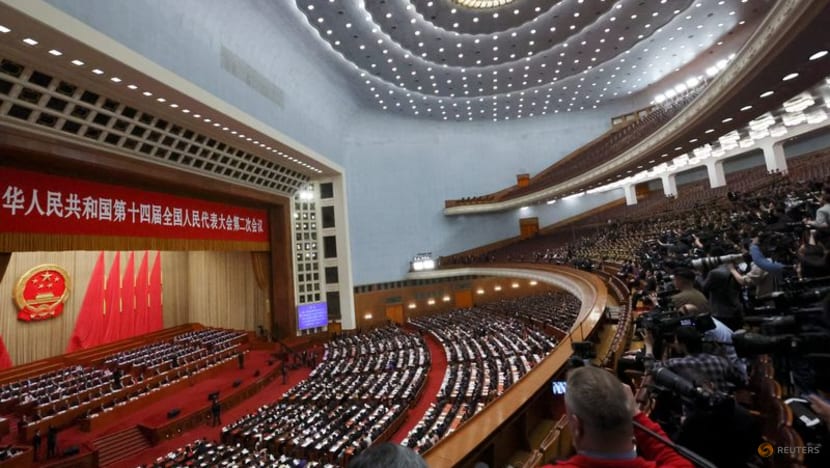China Drops Controversial Clause from Proposed Public Security Law
Singapore— In a significant legislative update, China has removed a contentious clause from the latest draft of its Public Security Administration Punishments Law that would have penalized individuals for “hurting the feelings of the Chinese nation.” The decision comes after widespread backlash and concerns over potential misuse of the law.
The Controversial Clause
The initial draft, released in September last year, included six specific acts deemed harmful to public security. Among them was a clause that targeted individuals who “wear, display, or decorate in public places” any clothing or symbols considered detrimental to the “spirit or the feelings of the Chinese nation.” Violators faced up to 15 days of detention and fines up to 5,000 yuan (US$687).
Public and Expert Reactions
The proposed clause sparked significant public outcry and legal concerns. Critics argued that the language was overly subjective and could lead to arbitrary enforcement. Law professor Tong Zhiwei questioned the vague definition, asking, “Who confirms the ‘spirit of the Chinese nation’ and according to what procedure? Who recognizes the ‘feelings of the Chinese nation’ and according to what procedures?”
Professor Lao Dongyan of Tsinghua University echoed these sentiments, warning that the amendment could open new avenues for corruption and exacerbate tensions between the police and the public.
Legislative Revisions
In response to the backlash, the National People’s Congress (NPC) reviewed and revised the draft. The new version, submitted for a second review last month, now focuses on prohibiting clothing or symbols that “promote or glorify aggressive war or aggressive behavior, causing a negative social impact.”
Shen Chunyao, deputy chairman of the NPC constitution and law committee, acknowledged the concerns over the original phrasing. He stated that the language was “subjective” and difficult to enforce, potentially infringing on legitimate rights and everyday life. Shen noted, “Considering various factors and law enforcement needs, this draft revision will not use this expression anymore.”
Historical Context
The phrase “hurting the feelings of the Chinese people” has historical roots, reportedly first used in 1959 during a border dispute with India. Over time, it has become a common trope in Chinese foreign policy discourse. The recent draft law’s reference to “hurting the feelings of the Chinese nation” marked a shift, implying a broader civilizational affront to all people of Chinese ethnicity.
Public Opinion and Government Response
The initial draft amendment drew substantial public feedback, with 93,975 individuals submitting 125,962 opinions in September 2023 alone. The large volume of responses reflects widespread public engagement and concern over the proposed changes.
Liu Sida, a law and sociology professor at the University of Hong Kong, expressed optimism about the NPC’s decision to revise the law. He called it “truly heartening” to see lawmakers taking citizens’ opinions seriously and removing vague and overly broad language from the legislation.
Conclusion
China’s decision to amend the controversial clause in its public security law highlights the complexities of balancing national pride and individual freedoms. The revised law, now targeting the glorification of aggressive behaviors, aims to address public concerns while maintaining social order. This legislative change underscores the importance of clear, enforceable laws that respect citizens’ rights and avoid potential abuses.

